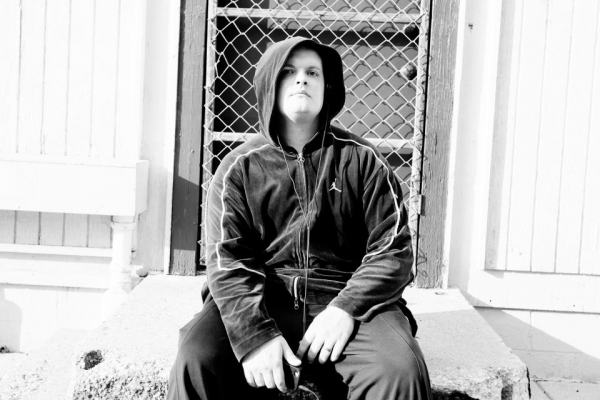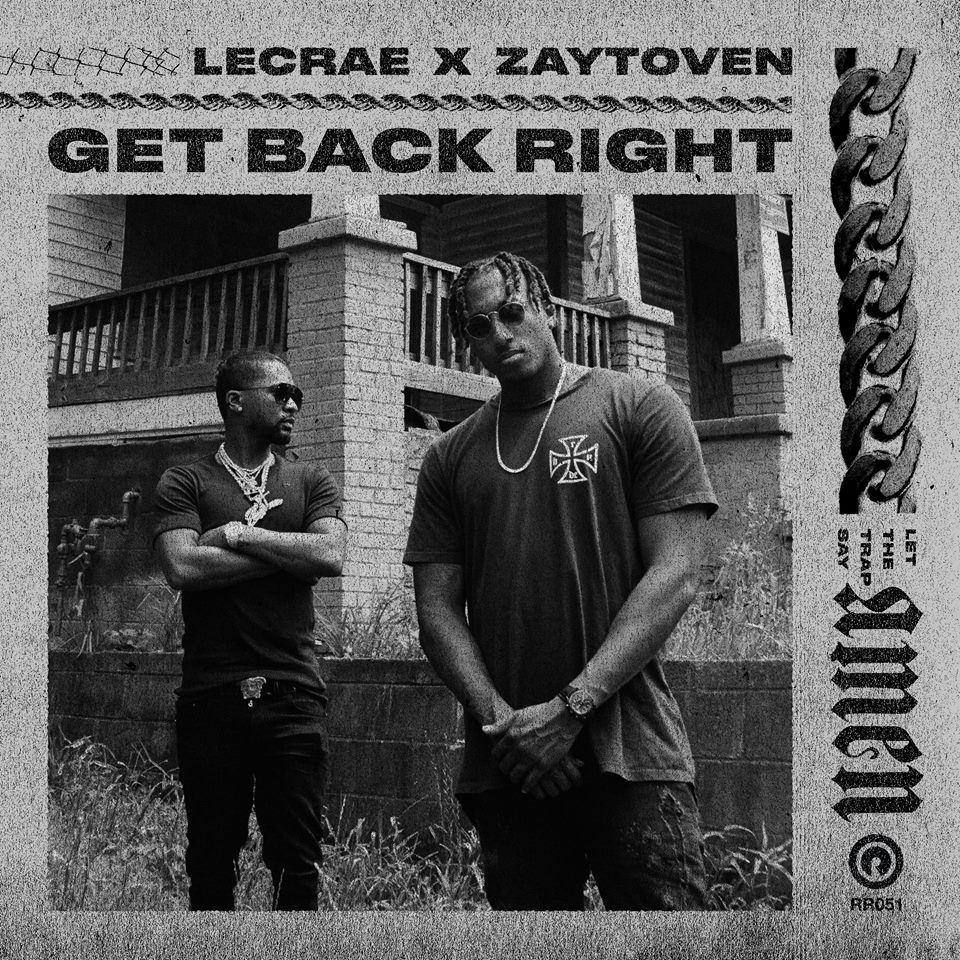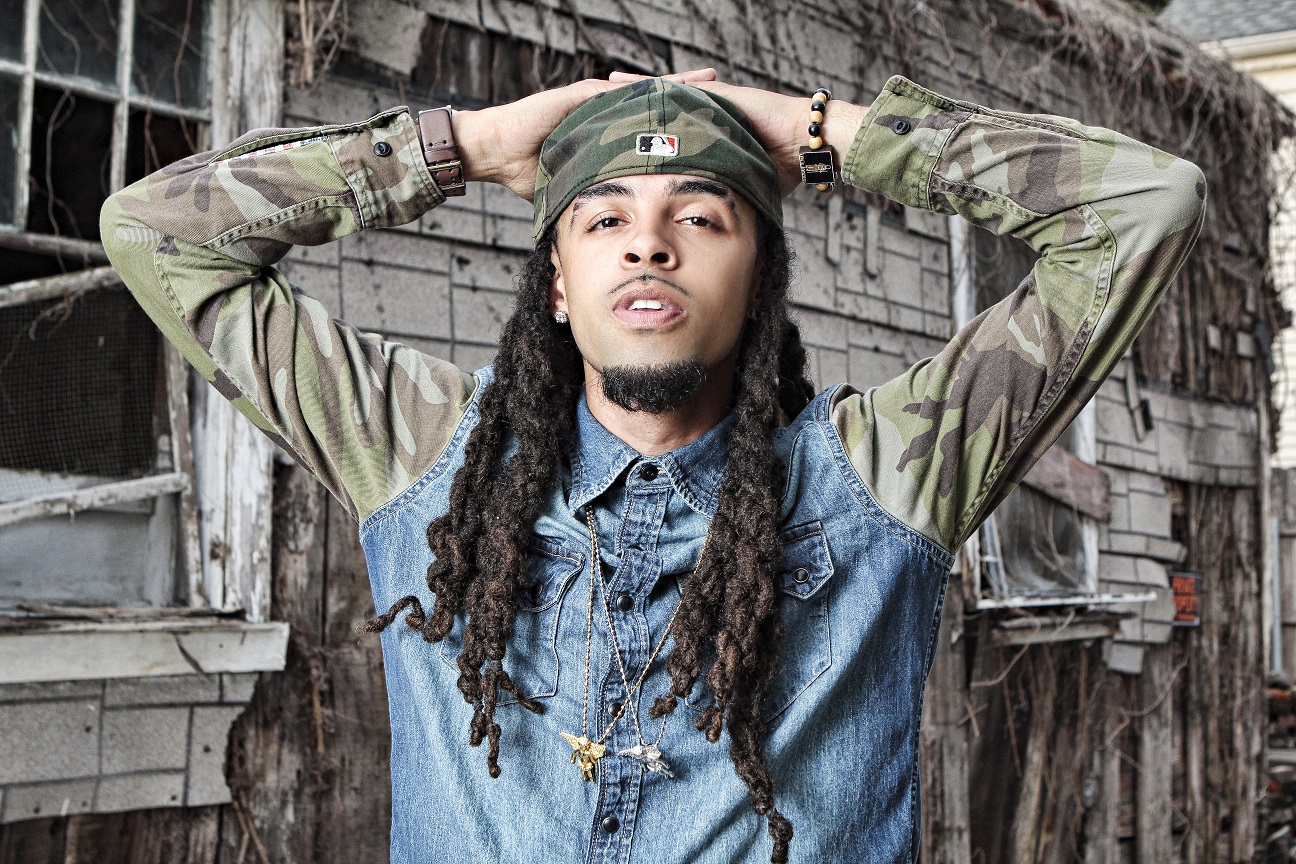Rapper JayLafé recently wrote an article about innovation in music.
Risk. It’s possibly the most offensive four-letter word of all, not because it brings to mind the darker aspects of human nature, but because it brings to mind insecurity. It brings to mind the unknown. And we don’t do well with the unknown. Asking someone to take a risk is asking him or her to leave what’s been producing results because it promises the possibility of better results. But that possibility also comes with the price of investing into something that might hurt. The idea of risk challenges our pride: it takes away our control, our conventions, our formulas. So we don’t tend to risk.
Our art reflects this. One rule of art is, you cannot have innovation apart from risk. And sadly, innovation is rare in Christian hip hop. As artists, producers, etc., we tend to go with what’s conventional for the sake of convention and functionality. We just want things to work. We often imitate and rarely innovate. The logic goes like this: “People seem to like the way _____’s music sounds. If I make music that sounds like ______’s, they’ll like me too. If I make something that sounds different, they might not like it, so I’d better stick to the formula. With a little twist of course, so it won’t sound like I’m completely biting ______’s music.” And unfortunately, that “little twist” ends up being a little too little. And it actually ends up working… kind of. We create art and music that gets a buzz that goes away just about as quickly as it comes. We don’t often create art and music that takes everything to another level. To prove it, I’m pretty sure you can count on two hands Christian hip hop’s truly classic, genre-defining albums and singles. Not a good thing.
We all want to see something happen at the next level musically and lyrically in Christian hip hop. But very few of us are willing to take the risk required to get there. Our sounds have changed and evolved, and our collective creativity has broadened, but slowly. If quality in art is defined as crafting pieces of art that employ a careful tension between adhering to conventions and breaking away from them, one could say we tend to go heavy on the “adhering to conventions” side.
Whose fault is this? Why don’t we see more creativity, more outside-the-box production and song directing, more next level lyricism? A complex question deserves a complex answer. Firstly, we have to remember that Christian hip hop in comparison to secular hip hop (I do believe we can make the distinction between “Christian” and “secular,” but that’s for another article) is a much smaller group of people by millions. It’s to be expected that the amount of very talented, gifted, genre-shaping artists in Christian hip hop will be small when we have such a small pool to begin with. Creativity in production and lyricism isn’t just something one can get out of thin air; there is a certain degree to which some people are just naturally more gifted and more creative than others. And again, the odds of finding these people in a pool as small as Christian hip hop’s will be correspondingly small. But there’s more to our lack of innovation than just a lower chance of finding talent.
There are several artists in Christian hip hop who’ve done a fantastic job of pushing expectations and conventions lyrically and musically. They’ve taken risks. And I applaud them. But I think part of the reason Christian hip hop hasn’t taken off as a whole to the next level is audience expectations. As both an artist and a fan/audience member in our genre, I wholeheartedly believe the audience dictates the direction of the art we produce. An artist is in many ways bound to the tastes and expectations of his or her audience if he or she wants to be effective. And if an audience is not looking for new flavors of music and lyricism, it’s hard to want to make new flavors of music and lyricism! I think a missing ingredient in the path to innovation for Christian hip hop is simply that we (the audience) tend to not like things that sound too different from what we’re used to hearing.
And what we’re used to hearing is what secular hip hop puts forth on the radio and internet, so we expect Christian hip hop to give us the “Christianized” version of secular hip hop (which is quite different from Christian hip hop by the way). And our producers can’t keep up with the pace (I know because I am one!), so Christian hip hop tends to sounds like a Christianized version of what secular hip hop sounded like six months ago. Not exactly innovative. The funniest part is, I think deep down our audience truly wants something beyond what they’re used to, they just haven’t been confronted by enough artists to turn their dreams into a taste. Think about that for a second. But what if our artists with world-class talent lyrically and musically chose to step up to another level and step out into the unknown? What if astronomical risks were taken? A great artist follows his or her audience and impacts them, but a legendary artist goes beyond this.
A legendary, genre-shaping artist doesn’t just follow his or her audience; he or she leads them places the audience never expected. They take the risk of rejection. They take the pain of watching shaking heads. They have enough confidence in their artistic vision and gifts that they stick with the path God set on their heart. They resist the temptation to play it safe, to do what works. They innovate. And if they can get past the initial backlash of wandering too far from convention, and if they’re gifted enough to capture the thoughts the audience didn’t know they had, they elevate their genre. The temptation to imitate is gone because the impact of innovation has taken place. The artists and the audience have shed their fears. The audience has allowed risks to be taken, the artists have taken them, and something previously unimaginable has now been created. This is what it felt like when Michael Jackson and Bob Marley and Jimi Hendrix were in their prime.
This doesn’t have to be a dream for Christian hip hop. The talent is here. We have the producers, lyricists, musicians, poets, etc. to create something better than the Christianized version of last year’s hip hop. The question is, will we be willing to take the risks to get there? We have the skill, but do we have the will? This is a call to innovation. Will you make it happen?





